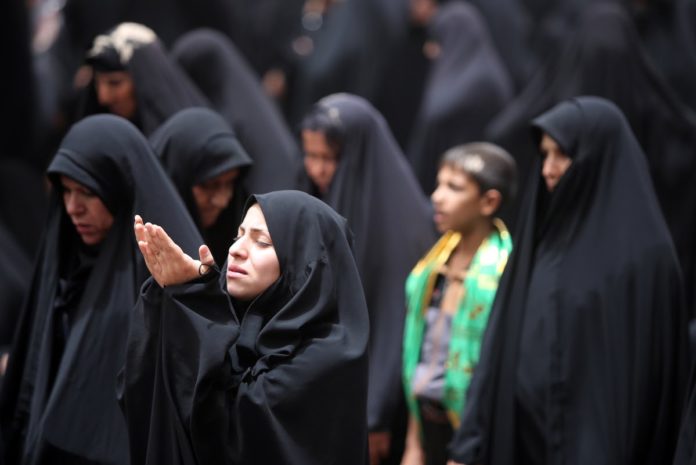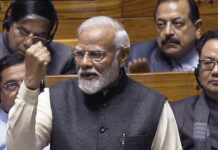The Supreme Court today declared that the Muslim practice of triple talaq or ‘instant divorce’ by uttering “talaq” three times as “illegal and sinful”.
According to the court, “Triple talaq is not integral to religious practice and violates constitutional morality”, said the court.
Muslims are governed by this law which came in force dated 1937.
The Supreme Court held a bench of five judges from different faiths followed and preached in India: Hinduism, Christianity, Islam, Sikhism and Zoroastrianism.
The five justices who formed the judging bench included Justices Kurian Joseph, Justice Abdul Nazeer, Justice Rohington Nariman, Justice Khehar and UU Lalit. The bench pronounced the statement unanimously: “what is sinful under religion cannot be valid under law.”
The five justices who formed the judging bench included Justices Kurian Joseph, Justice Abdul Nazeer, Justice Rohington Nariman, Justice Khehar and UU Lalit. The bench pronounced the statement unanimously: “what is sinful under religion cannot be valid under law.”
The bench also asserted that “triple talaq” is unworthy despite it being a permissible practice. The practice is instant and it is irrevocable which breaks the marital bond, therefore it violates the right to equality.
The bench heard petitions after five women challenged the practice. Amongst the five women, one had been divorced on Whatsapp, the social messaging site.
The practice of Triple Talaq is an old practice and is considered as a bane for Muslim women who could be left estranged at the three-word command from their husbands.
Justice Kurien Joseph said: “What is held bad in the Holy Quran cannot be good in Shariat and, in that sense, what is bad in theology is bad in law as well.”
In response to the Supreme Court’s statement, the Muslim Personal Law Board opposed court intervention and argued that the court must keep out of the matters of faith.
In response to the Supreme Court’s statement, the Muslim Personal Law Board opposed court intervention and argued that the court must keep out of the matters of faith.
“Divorce breaks the marital tie fundamental to family life in Islam. Not only does it disrupt the marital tie between man and woman, but it has severe psychological and other repercussions on the children from such marriage,” Justice Nariman and Justice Lalit said.
According to experts, the social impact of Triple Talaq has an adverse rub-off effect on the dignity of Muslim women. Their social security and fundamental rights are violated, given that a practice of less than a minute decides the future of her married life. Due to this practice, they are also eluded from taking benefit of the fundamental rights in the Constitution.












